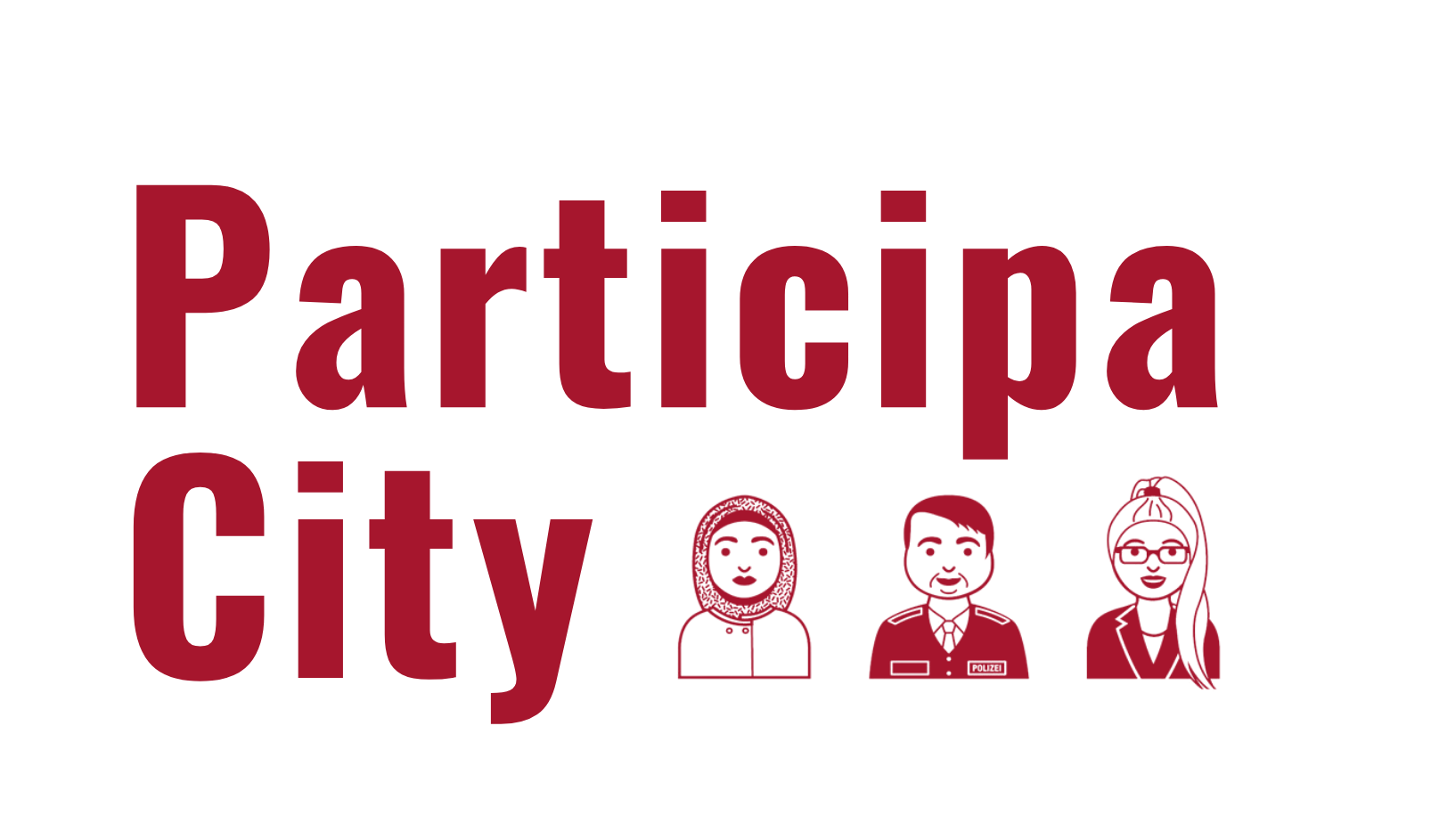Over recent months, Participa City partner organizations have compiled various “critical incidents”—actual events where individuals either personally encountered discrimination due to their ethnic or cultural background or witnessed discriminatory behaviour affecting others. Analyzing these incidents has demonstrated that discrimination and racism persist widely across multiple facets of life throughout Europe. Participants reported incidents spanning diverse areas, including education, housing, and the labour market. These cases primarily involved people with migrant backgrounds and ethnic minorities, though distinct country-specific patterns also emerged.
In education, reports highlighted discriminatory actions directed at students from migrant backgrounds. These students often faced a lack of recognition for their abilities alongside prejudices and racist stereotyping. Contributors pointed to systemic shortcomings within school systems, insufficient awareness among educators, and a lack of support for diversity advocates working in educational contexts. The education sector was underscored as a critical domain in which many bias-related incidents occur, emphasizing the urgent need for robust anti-discrimination measures.
Within the housing sector, many critical incidents involved discrimination based on individuals’ names and appearances—especially when these did not align with the majority ethnic group of the country. Such biases included landlords favouring tenants with “non-exotic” names and appearances, erecting barriers that disadvantage minority groups’ access to housing.
Similarly, in the labour market, incidents often related to prejudiced treatment during job search and interviews. Ethnic and cultural minority candidates frequently faced discrimination stirred by their names and looks. Despite qualifications, many highly skilled applicants from migrant backgrounds were overlooked in favour of majority-ethnicity candidates. Some critical incidents revealed that even superior education or credentials did not shield candidates from such biases.
Overall, the analysis confirms that ethnic and cultural minorities continue to face pervasive discrimination and blatant racism affecting many aspects of their social lives. This highlights the substantial work still required to dismantle these barriers, necessitating anti-discrimination initiatives at all societal levels. Drawing on these findings, the Participa City partnership will formulate recommendations aimed at supporting individuals involved in discrimination incidents and addressing broader societal issues. The ultimate goal is to help prevent racism and discrimination across all Participa City partner countries, driving meaningful change in our societies.

